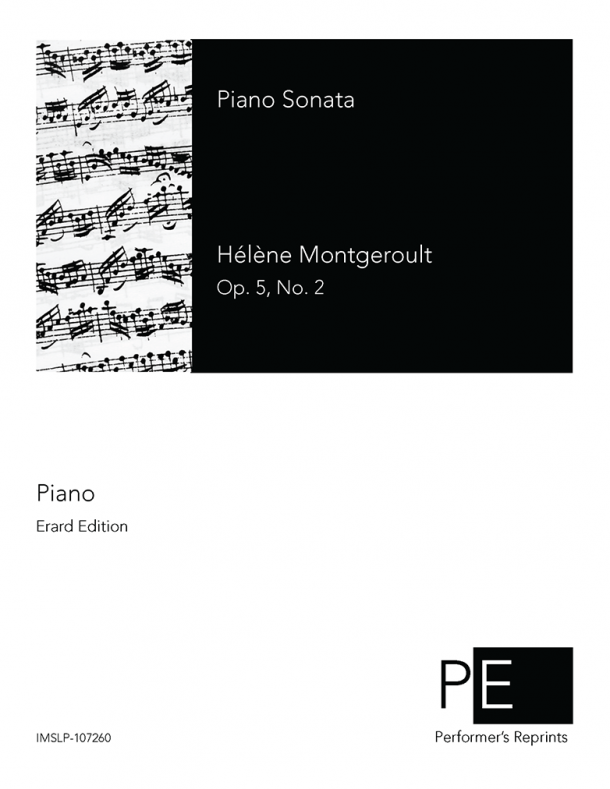Obscure Music Monday: Hélène de Montgeroult's Piano Sonata in F minor
Hélène de Montgeroult (1764-1836) was a trailblazing composer and teacher who's talent and achievements have been overlooked. During her lifetime, however, she was recognized as an excellent performer and improvisor, who maintained artistic relationships with famous composes such as Viotti and Balliot. Her Piano Sonata in F minor, published in 1795, features many dramatic elements of early romanticism that are characteristic of Beethoven, who composed his first piano sonata the same year.
De Montgeroult lived through a time of significant political and social change in France, which hardships are expressed through her music. During the French Revolution, her husband was taken captive and her family was detained. In order to escape exile and her own execution, she performed an improvisation of the French national anthem that had such an impact on the Revolutionary Tribunal that she was permitted to stay in Paris. Quite literally, playing as if her life depended on it.
This sonata is unique amongst the other sonatas from her Op. 1, in that is is much stormier in mood and has a lot of syncopation between the 2 hands. The opening theme is catchy enough to grab the listener right away, but then quickly picks up momentum which carries all the way to the end. This is surely an exciting and fun piece for anyone looking to diversify their repertoire or discover new and forgotten music.


